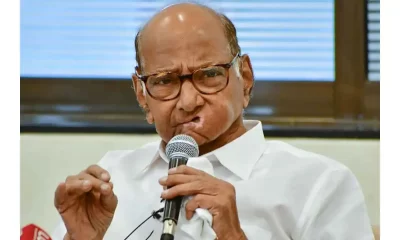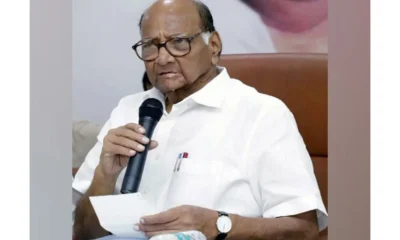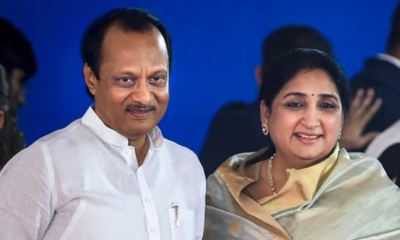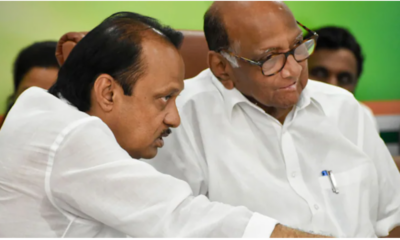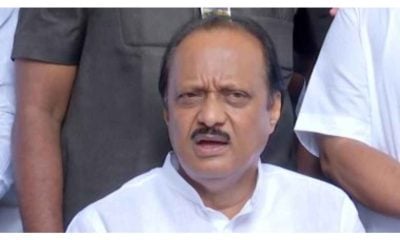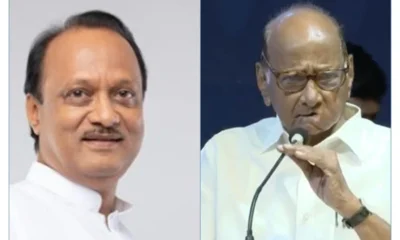Former Congress leader Navjot Kaur Sidhu has launched a sharp attack on Rahul Gandhi soon after her exit from the party, accusing him of being detached from ground realities and failing to address concerns within the Punjab unit.
Speaking to reporters in Coimbatore, Sidhu said that Gandhi, who serves as Leader of the Opposition in the Lok Sabha, has not worked at the grassroots level and is unaware of what is happening within the party in Punjab. She stressed that understanding “ground zero” realities is crucial for leadership and said living in a “dream world” would not help the party.
Drawing a comparison with Prime Minister Narendra Modi, Sidhu said that while Gandhi speaks well and “talks sense”, his actions do not align with his words. She claimed there is nothing personally against the Prime Minister and challenged critics to find evidence of wrongdoing against him.
Sidhu also alleged widespread corruption within the Punjab Congress leadership. She claimed she sought an appointment with Gandhi for eight months to inform him about what she described as “injustice” and internal damage to the party. According to her, party tickets had already been sold, and she warned that Congress is likely to lose the state polls next year if corrective measures are not taken.
In a direct message to Gandhi, she said that if he is unaware of developments within his own party, then he does not deserve the leadership position. She further alleged that corrupt individuals surround him while honest leaders are ignored.
Sidhu claimed that she and her family were promised key roles, including a deputy chief minister post with seven departments and a Member of Parliament position for her, but were ultimately given nothing.
Last week, Congress general secretary in charge of Punjab, Bhupesh Baghel, announced that Sidhu had been expelled from the party. The announcement followed her own declaration that she had quit.
The 62-year-old leader was earlier associated with the BJP and served as an MLA from 2012 to 2016 before joining Congress. Recently, she levelled serious allegations against Punjab Congress chief Amrinder Singh Raja Warring, claiming that ₹500 crore was being demanded in exchange for the Chief Minister’s post if the party wins the upcoming elections. She was suspended after making those remarks.
With Punjab heading towards elections next year, her allegations add to the turbulence within the state unit of the Congress.


